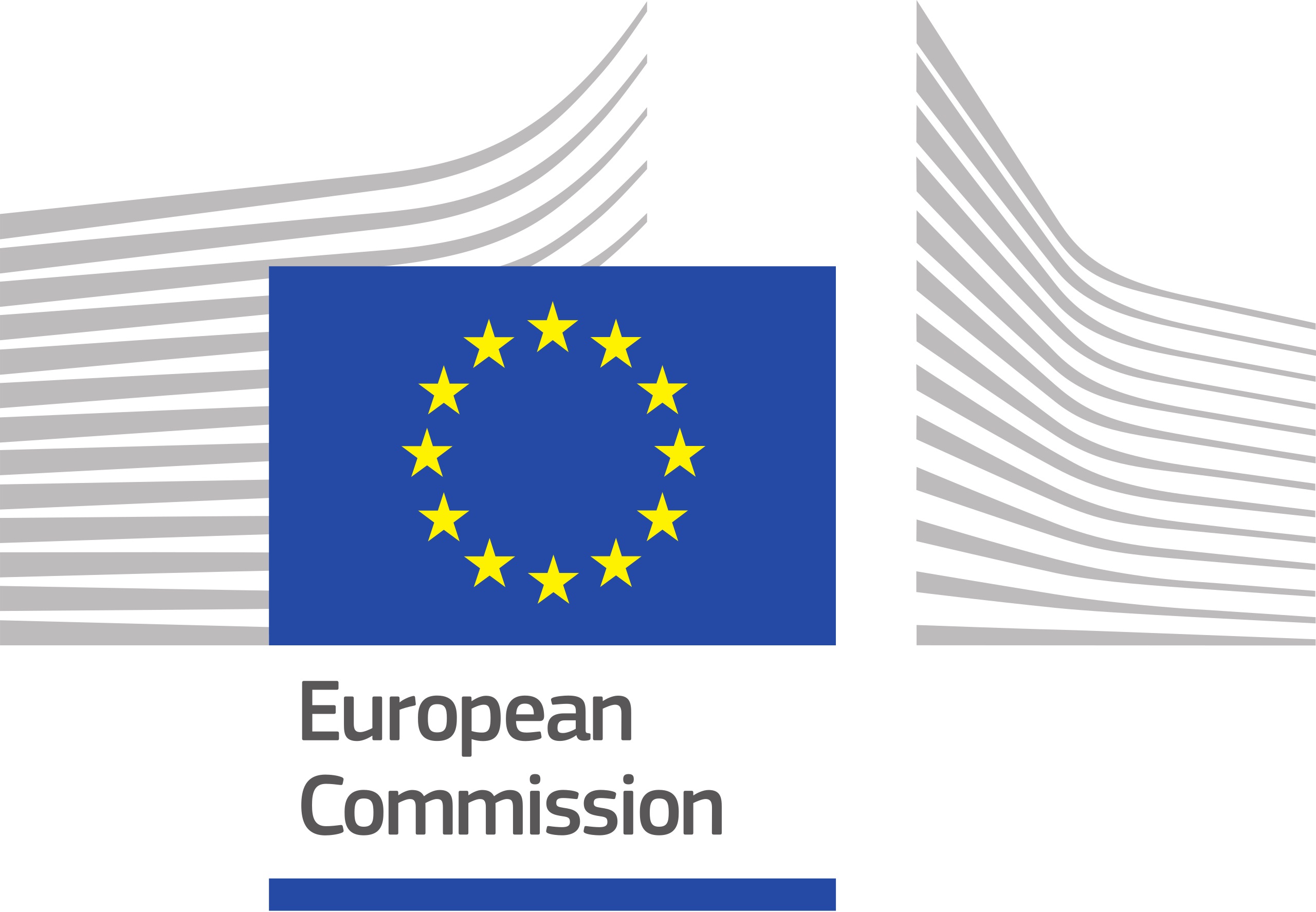
Manage Cookie Consent
This website uses cookies to enhance your browsing experience. Cookies are small text files that are stored on your device when you visit a website. They are widely used to ensure the proper functioning of the site, analyze traffic, and personalize content based on your preferences.
By using this site, you consent to the use of cookies in accordance with our privacy and cookie policy. You have the option to manage your cookie preferences at any time. To do so, please click on “Manage Preferences” below.
By using this site, you consent to the use of cookies in accordance with our privacy and cookie policy. You have the option to manage your cookie preferences at any time. To do so, please click on “Manage Preferences” below.
Functional Always active
Storage or technical access is strictly necessary for the legitimate interest of enabling the use of a specific service explicitly requested by the subscriber or user, or for the sole purpose of transmitting communication over an electronic communications network.
Préférences
Le stockage ou l’accès technique est nécessaire dans la finalité d’intérêt légitime de stocker des préférences qui ne sont pas demandées par l’abonné ou la personne utilisant le service.
Statistics
Le stockage ou l’accès technique qui est utilisé exclusivement à des fins statistiques.
Storage or technical access used exclusively for anonymous statistical purposes. In the absence of a subpoena, voluntary compliance by your Internet Service Provider, or additional records from a third party, information stored or retrieved for this sole purpose generally cannot be used to identify you.
Marketing
Storage or technical access is necessary to create user profiles for sending advertisements or to track the user on a website or across multiple websites with similar marketing purposes.
Cloud migration strategies, a structuring challenge for the enterprise.
English Version
French Version
The Cigref publishes, in the form of a report, the results of the work carried out by its task force on the theme of “cloud migration strategies,” co-led by Jean-Christophe LALANNE, EVP IT of Air France KLM, and Stéphane ROUSSEAU, CIO of Eiffage. An updated version of the initial report on Cloud Migration Strategies published in 2021, this edition delves deeper into the reflection on cloud migration projects for both companies and government administrations.
Presented last year as an essential foundation for the information systems of businesses and public administrations, the cloud continues to expand within organizations. Indeed, in 2021, the cloud was present in 21% of European companies, which is five times more than in 2018, according to Eurostat. Therefore, the question is no longer whether to migrate the information system to the cloud but how to do it.
Today, it no longer seems necessary to reiterate the arguments in favor of migrating the information system to the cloud, whether for agility, flexibility, or time-to-market. Also, the prognosis made last year seems to be confirmed: by 2025, most organizations will have migrated to the cloud.
This new deliverable first addresses the means of cloud migration, then it focuses on application migrations and explores the secondary benefits of migration. Due to the numerous transformations induced by such an endeavor for organizations, the report also delves into the economic performance and financial monitoring of the project. It also questions the reorganization and transformation of IT teams, as well as the evolution of external relationships, especially with suppliers.
At the end of this second year of work on cloud migration strategies, the group shares a dual observation: on the one hand, many questions raised have found their answers through the sharing of experiences and exchanges among members, and, on the other hand, these discussions have revealed new issues that will require further reflection. For this reason, the Cigref’s activity plan for 2022-2023 does not foresee the continuation of this task force. The cloud will still be present in several other areas of Cigref’s activities, especially in the Supplier Relations Working Groups. The goal is to enable member companies and administrations to continue their migration projects, gain maturity on the subject, probably with a view to a future task force in the coming years.
The task force has observed that each company is unique: the goal of this second year was, notably, to share experiences so that each organization can benefit from the information it needs, discover potential risks to which it may be exposed, and, if necessary, take preventive measures.
.
CIGREF, 2023 JANUARY 12th
cigref.fr